Depositing Methods for Your Gummy Business
One of the critical components of gummy production is depositing the gummies. There are fast and easy methods to do gummy depositing. There are also consistent ways to get the same result each time. What about automation? Let’s take a look.
Types of Gummy Depositors
Universal Depositor
Positives:
Depositors have a heated hopper that holds the hot gummy slurry. The heated hopper keeps candy at the best temperature, allowing you to extend the amount of time before the gummies start to set. That hopper feeds the gummy slurry through 8-13 depositing heads. A depositor can sometimes be programmed to deposit an exact amount of gummy into each candy mold cavity. Less expensive depositors have dials you can use to set the amount of gummy you want out of each depositing head. Only one person is needed to operate the machine if that machine doesn’t have a motorized track system. An automated depositor that doesn't need a machine operator to run it.
TLDR:
Specific and consistent depositing amounts
Small amount of manual operator work during the depositing process
Automation is available
Can deposit thousands through tens of thousands of gummies per hour.
Negatives:
Automation has its downsides, though. The smallest gummy size a depositor can deposit is about 2ml. Anything smaller and the deposits can tend to be less accurate. The depositing heads can clog, and there is only one way to clean out a clogged depositing head. You must disassemble the depositor. You must also disassemble the depositor between every batch to clean the machine. This can cost gummy manufacturers up to an hour of valuable time they could be producing gummies. Depositors also have a limited number of cavities that can go on each mold, depending on how they are set up. Spacing between each gummy cavity on the mold is required to line up with the depositing heads.
TLDR:
Smallest amount of gummy you can deposit is 2ml
Depositing heads can get clogged
Cleaning a depositor can take up to one hour between batches.
Limits the number of cavities on candy molds.
Here are our recommendations for the best three starter depositors for a small to medium-sized gummy manufacturer:
Pour and Scrape Depositing (AKA Flood and Scrape)
Positives:
Pour and Scrape Depositing is great for small-medium-sized gummy manufacturing operations. You can deploy this method with minimal equipment and cost, with simple tools. This manual depositing option can fill thousands of gummy mold cavities in minutes. Clean-up is a simple process that includes cleaning a pot, and *dough scrapers. No disassembly is required. When doing pour and scrape, mold makers optimize the gummy molds and fit as many cavities on a mold as possible. This means lower costs when purchasing molds since it requires fewer molds.
TLDR:
minimal equipment and cost
simple tools
doesn't need any disassembly
Less molds required
Less cost for molds
Negatives:
Pour and scrape depositing can need up to two or 3 people to perform depositing. One person pours the hot gummy slurry onto the molds, while others scrape the gummy into each gummy mold cavity. This is accomplished using dough scrapers. This method does take a few tries to perfect the technique that will avoid loss. A skilled operator knows where to move the gummy slurry, how to hold the dough scraper, and when to stop scraping. Without this knowledge, gummy batches can come out inconsistent, and may need more cleanup during post-processing.
TLDR:
Pour and scrape is a manual process
Requires more people to complete
Must develop technique to do
Can be inconsistent
Gummies may need to be cleaned up during post processing.
How to Pour & Scrape Deposit
Layout your molds on a completely flat surface. Make sure all mold edges are touching each other so there are no gaps in the surface beneath.
Spray molds with an anti-stick or release agent
Cook your gummy formula
If you are using large-scale production equipment, pour the formula into a pot first.
Pour the gummy slurry from the pot onto the gummy molds.
Using a dough scraper, scrape the gummy slurry and move it across the molds, filling each cavity. Move quickly as pectin formulas in particular set within a minute.
Choose the best depositor for your gummy business.
Selecting the right depositor method for you has a lot to do with the size of your production process and the level of automation you prefer. Regardless of the depositing method you choose, check out the custom gummy mold manufacturing service Endose has to offer. With unique gummy molds, your candy will catch the eyes of your consumer. Endose creates kick-ass custom gummy molds that bring your branding into your candy creations. Stand out with your custom gummies, consult with Endose today.
*We sometimes put affiliate link products in our blog posts, but only to products that we use in our own manufacturing facility and love. Affiliate links don’t add cost onto your purchases, but they do allow us to make a commission for the referral. Your click on affiliate links allows us to generate value for you through the content we produce and let’s us know what products you’re interested in.

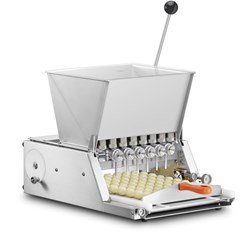
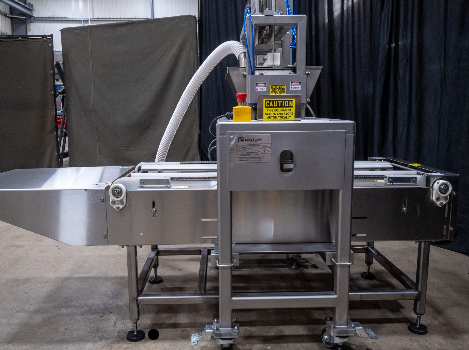
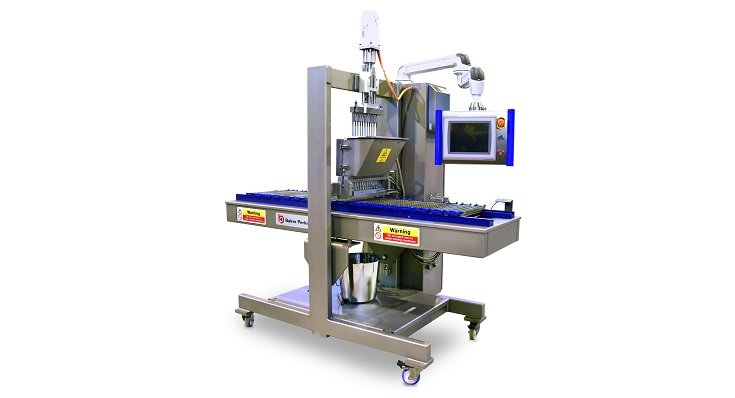
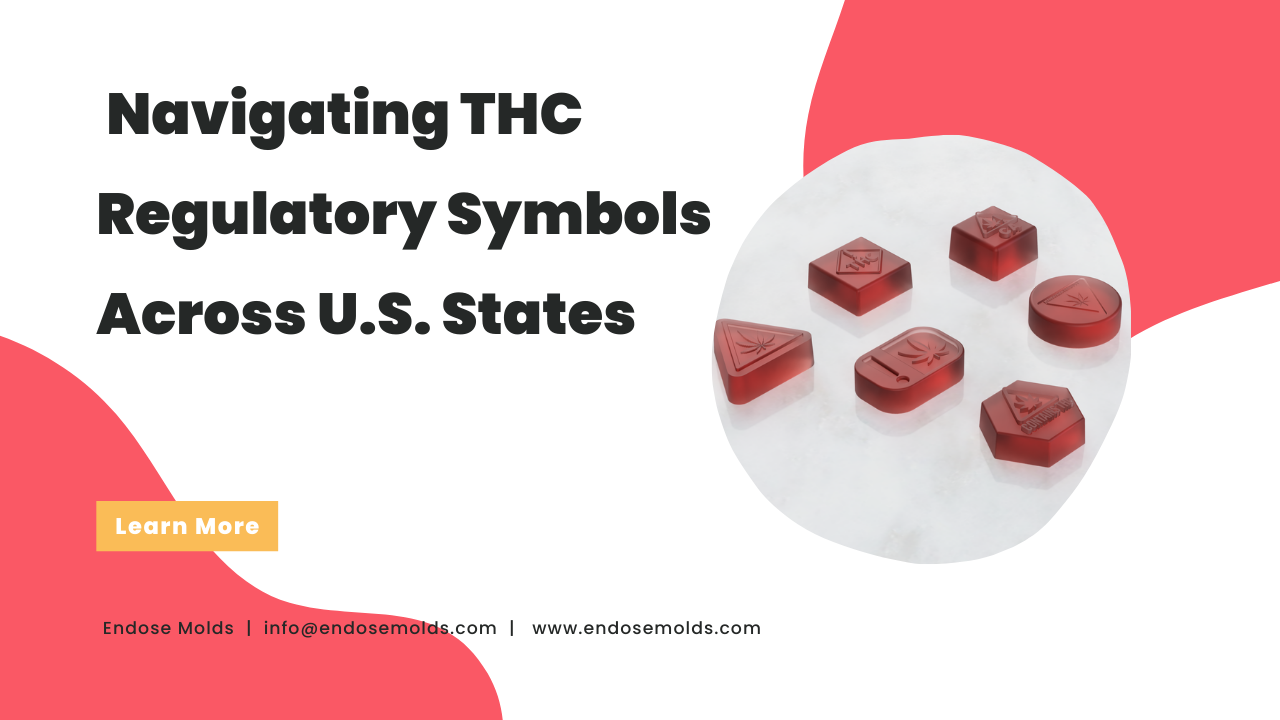
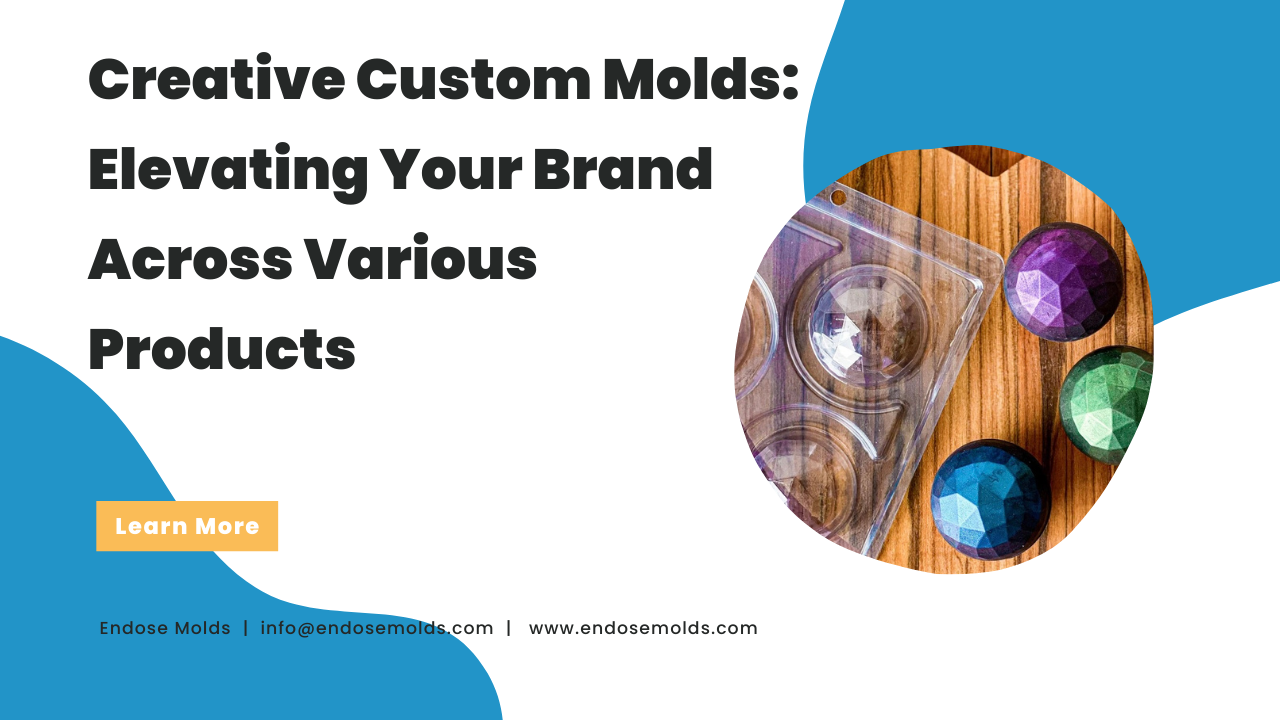
One trend taking center stage is the use of real fruit concentrates in gummies, offering a more natural and health-conscious alternative to artificial flavors and synthetic ingredients.